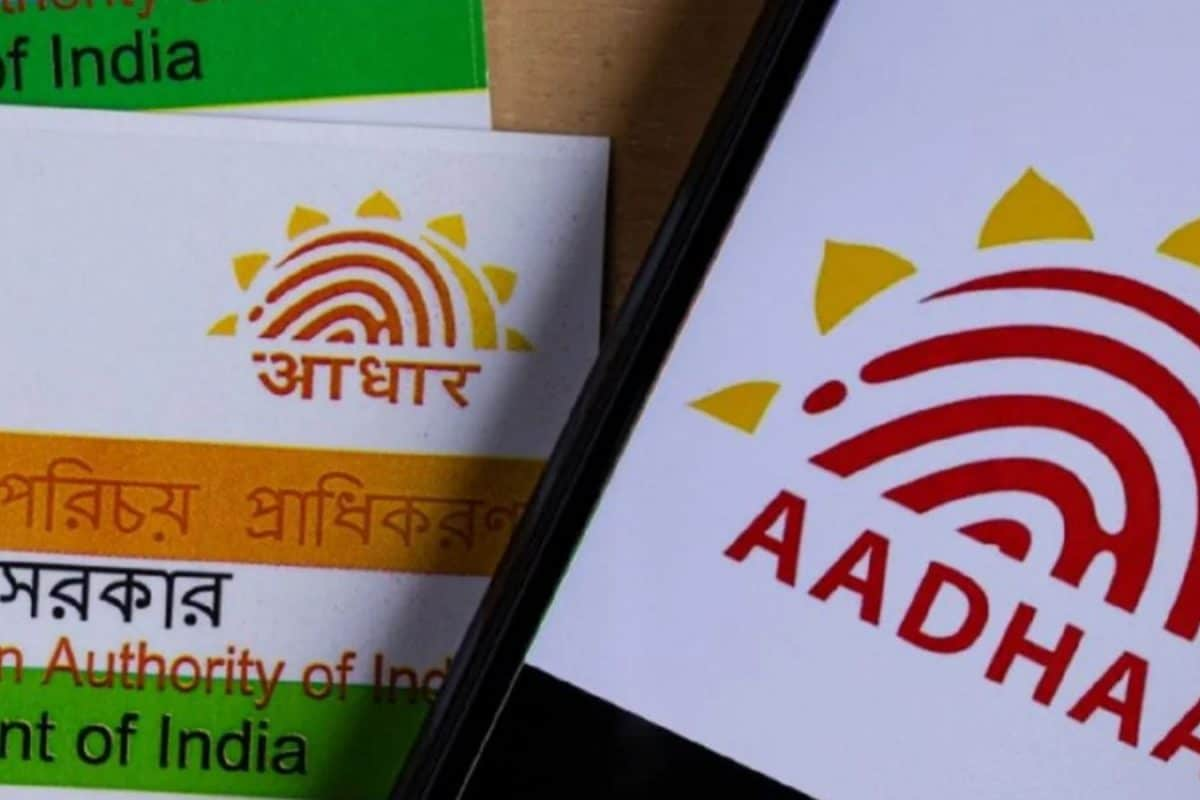

Amidst the ongoing review of voter lists in Bihar, sources within the Election Commission of India (ECI) have reiterated that Aadhaar is not a proof of citizenship or birth. This clarification comes as the ECI undertakes a special intensive revision of electoral rolls in Bihar, leading to questions about the documents required for verification and raising concerns among opposition parties.
The ECI's stance aligns with previous clarifications from the Unique Identification Authority of India (UIDAI), which has stated that Aadhaar is primarily a proof of identity and residency, not citizenship. This position is reinforced by the explicit disclaimer on new Aadhaar cards and PDF versions, stating that it is "a proof of identity, not of citizenship or date of birth".
The current voter list revision in Bihar has sparked controversy due to the limited number of documents accepted for verification. The ECI has specified 11 documents that can be used to prove identity and residence, but commonly used IDs like Aadhaar, ration cards, Voter ID cards, and MGNREGA job cards are not included in this list. This has led to concerns that a large number of eligible voters, particularly from marginalized communities, may be excluded from the electoral rolls.
Opposition parties in Bihar have criticized the ECI's move, calling it "impractical" and "anti-democratic". They argue that the strict document requirements will disproportionately affect the poor, Dalits, backward communities, and migrant workers, who may not possess the specified documents. Some leaders have alleged that the revision is a deliberate attempt to delete names from the voter list ahead of the upcoming Assembly elections. The INDIA bloc has demanded that Aadhaar cards, ration cards, and MGNREGA cards be included among the key documents allowed for verification.
Former Election Commissioner OP Rawat has also weighed in on the issue, emphasizing that Aadhaar has no relevance in the process of revising Bihar's voter list, as electoral registration is governed by specific laws and guidelines. He noted that Aadhaar only proves ordinary residence, while voter lists are meant to include the names of citizens who are qualified to vote.
In response to the concerns raised, the ECI has clarified that the initiative aims to ensure that only eligible citizens are included in the voter list, thereby enhancing the transparency and credibility of the election process. The commission has also stated that if a person's name appears in the Bihar electoral roll dated January 1, 2003, that alone will be treated as sufficient proof, and no additional documents will be needed. The ECI has also clarified that nearly 65% of voters will have prefilled forms and will not have to provide additional documents.
The ECI's decision to link Electoral Photo Identity Cards (EPIC) with Aadhaar has also faced scrutiny. While the ECI maintains that this linkage is voluntary and aimed at improving the accuracy of electoral rolls, concerns have been raised about potential privacy violations and the possibility of disenfranchisement. Experts have pointed out that unlike voter IDs, which are based on physical verification, Aadhaar enrolments only require the production of existing documents. They argue that relying on Aadhaar for voter verification could undermine the independence and integrity of the ECI.
The debate surrounding the use of Aadhaar in the electoral process highlights the importance of clarifying the document's role and ensuring that no eligible citizen is denied the right to vote. While Aadhaar can be a useful tool for identity verification, it cannot be considered a substitute for proof of citizenship. The ECI must address the concerns raised by opposition parties and take steps to ensure that the voter list revision in Bihar is conducted in a fair and inclusive manner.